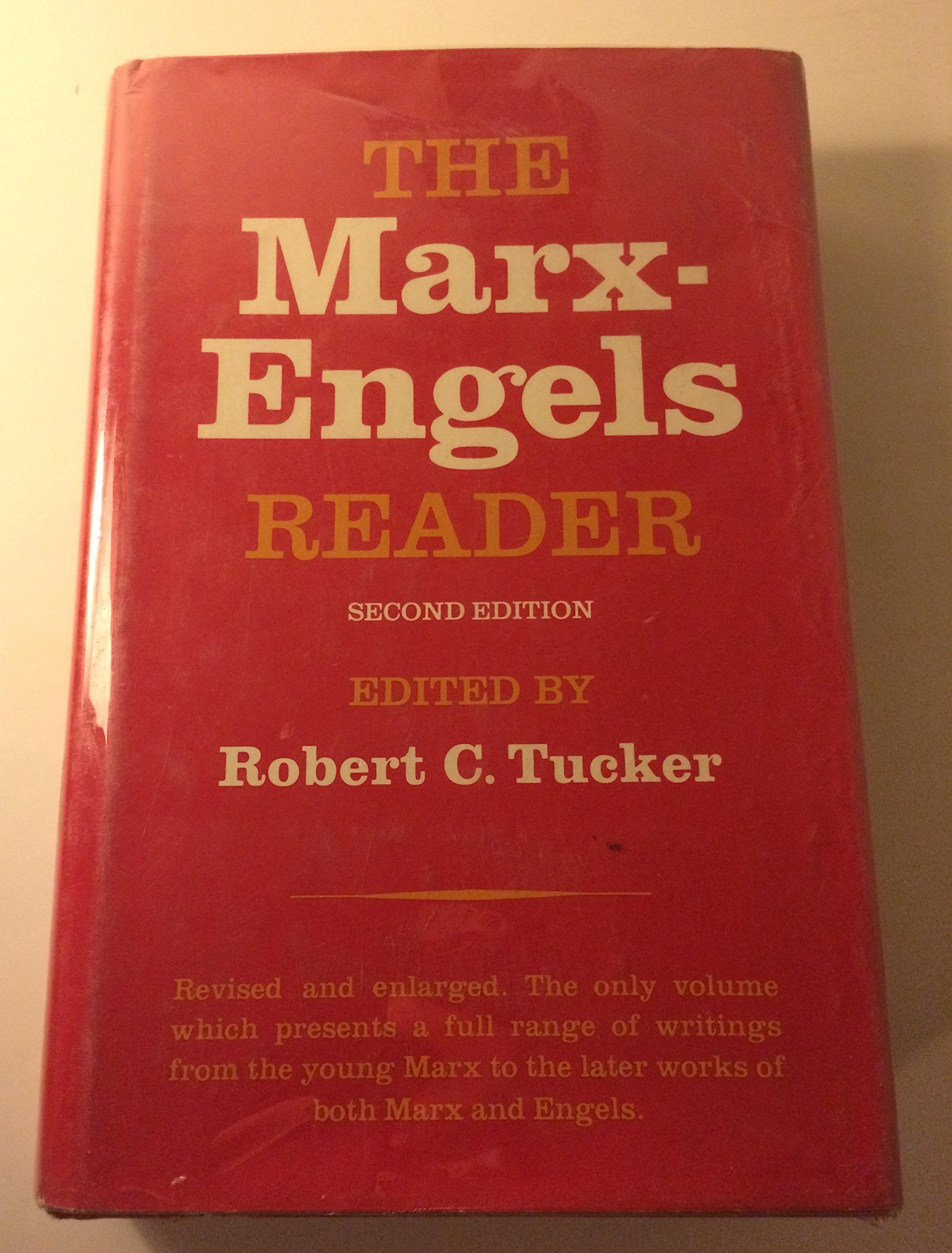What do you think?
Rate this book


788 pages, Hardcover
First published January 1, 1971
I am ugly, but I can buy for myself the most beautiful of women. Therefore I am not ugly, for the effect of ugliness - its deterrent power - is nullified by money.K. Marx, "The Power of Money in Bourgeois Society", p. 103.
Rik. Han måste bli rik.
För pengar är som smink, de täcker över allt, de ger dig allt, även sådant de säger inte är till salu: respekt, beundran, förälskelse. Det var bara att se sig omkring, skönhet gifter sig med pengar varje gång.
Rich. He had to be rich.
Because money is like makeup, it covers everything, it gives you everything, even the things that aren't supposed to be for sale: respect, admiration, love. Just take a look around, beauty marries money every time.